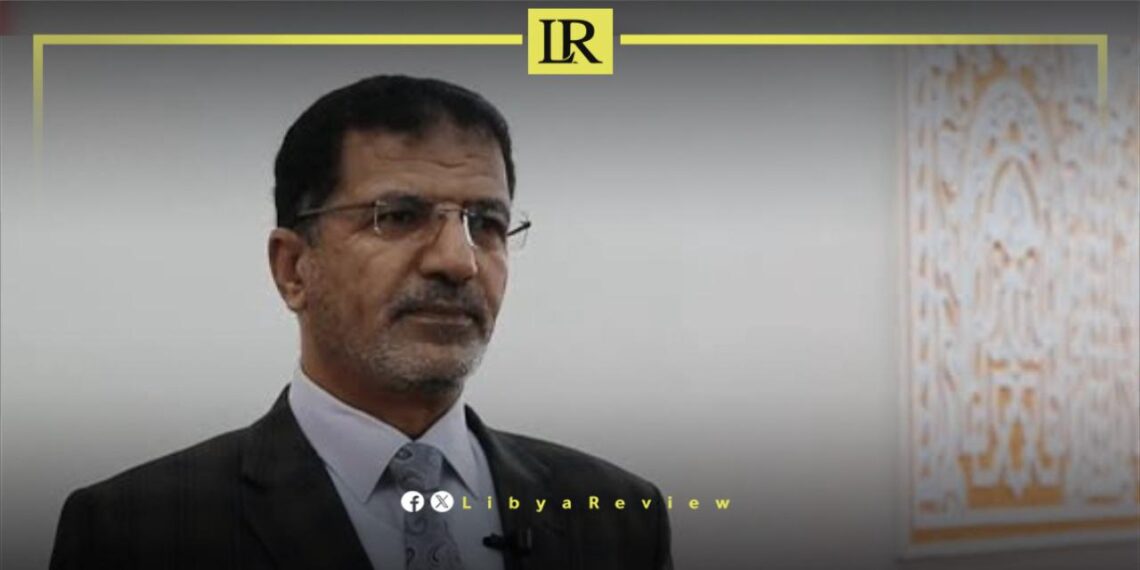Member of the Libyan House of Representatives Abdel Nabi Abdel Mawla has commented on the parliament’s approval of the state budget.
In press statements, Abdel Mawla emphasized that “the primary responsibility for approving the budget law rests solely with the House of Representatives.”
He added that “the political agreement does not require the House of Representatives to consult with the High Council of State on the budget law, except when forming a government or changing some sovereign positions.”
Abdel Mawla noted that “by refusing to meet with the House of Representatives, Head of the High Council of State Mohamed Takala is attempting to delay the formation of a new government for personal reasons.”
He highlighted the current efforts to unify “Libya’s executive authorities through the unified budget, which we hope will be allocated to a unified government, regardless of its composition.”
He pointed out that “more than 80% of High Council of State members are heading to Egypt on Wednesday, June 17, to meet with House of Representatives members to move towards forming a new government without Takala’s presence.”
He concluded by stating, “We will issue a statement to the international community confirming our commitment to forming a new government.”
The Speaker of the Libyan House of Representatives, Ageela Saleh, reaffirmed that the House of Representatives is the sole legislative authority in the country during the transitional phase, citing Paragraph 10 of the governing principles of the political agreement.
In a recent press statement, Saleh emphasized that the House of Representatives, elected in June 2014, holds legislative power, which includes granting confidence to the Government of National Accord and approving the budget submitted by the government.
Saleh further stated, “The explicit texts do not mention any participation of the High Council of State in issuing the budget law. In most parliamentary systems, it is the House of Representatives that is responsible for approving the budget, without interference from other councils.”
He highlighted that since 2015, the High Council of State has not been involved in preparing, discussing, or approving the budget. Saleh criticized the claims made by the Chairman of the High Council of State, asserting that they lack any legal basis. He added that the political agreement is outdated and needs revision.


